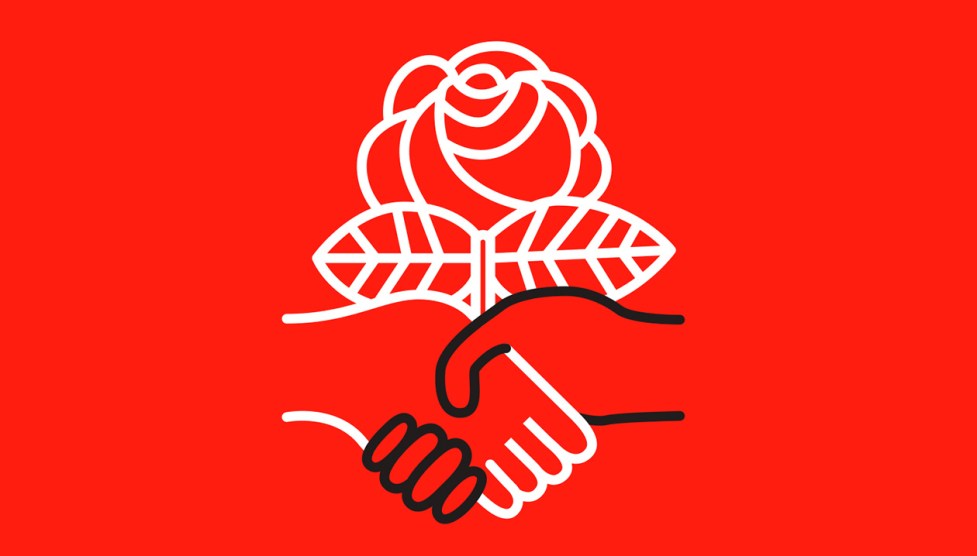
Democratic Socialists of America
I’ve been curious for a while about just what a democratic socialist really is. An FDR liberal on steroids? A Swedish style social democrat? I’m not very clear about this. Meagan Day clears things up for me:
Here’s the truth: In the long run, democratic socialists want to end capitalism. And we want to do that by pursuing a reform agenda today in an effort to revive a politics focused on class hierarchy and inequality in the United States. The eventual goal is to transform the world to promote everyone’s needs rather than to produce massive profits for a small handful of citizens.
Tell me more:
The mid-20th century in the United States featured many elements of social democracy, at least for the majority of white workers….But the rich moved quickly to throw all that out the window as soon as they could get away with it….As a result, a handful of bosses became wealthier and more powerful while wages stagnated and quality of life eroded for everyone else.
….Our goal is not to rein in the excesses of capitalism for a few decades at a time — we want to end our society’s subservience to the market. Medicare-for-all is an instructive example. Winning single-payer health care in the US would be an enormous relief to the millions of Americans who, even with insurance, find themselves stymied by claims denials and crushed by medical debt….But we also know that Medicare-for-all is not socialism. It would only nationalize insurance, not the whole health care system….Democratic socialists ultimately want something more like the British National Health Service (NHS), in which everyone pays taxes to fund not just insurance but doctors and hospitals and medicine as well. This would give us the opportunity to design a system that benefits every one of us, not a few pharmaceutical and hospital network executives.
….Of course, even socializing a whole industry like medicine wouldn’t automatically lead to the socializing of others. But through the process of the campaign, democratic socialists want to build into the popular consciousness an awareness that the market is not capable of meeting society’s needs….In fighting for Medicare-for-all, people will inevitably start asking basic questions like why corporations are allowed to get rich off of something that should be a basic human right….Fighting for Medicare-for-all can teach Americans the value of uniting over the working-class majority’s interests. Winning Medicare-for-all would free up the labor movement to make more demands on employers, like greater democratic control on the job.
….That’s why when democratic socialists choose reforms to rally behind, we favor battles with the potential to transform ordinary people’s lives for the better and teach millions of people the value of uniting to fight the capitalist Goliaths currently in charge of our society.
So democratic socialism is just…socialism. But Americans have to be taught the virtues of socialism first before we can get there, and the way to do that is (a) fight for Medicare for All, (b) fight for fully socialized medicine, (c) fight to socialize the rest of the commanding heights of the economy.
As a strategy, this is certainly the classic way of doing things unless you can engineer a revolution of some kind. But I do have one question left: plenty of other rich countries have tried this before, and eventually they’ve all given up because it doesn’t work as well as social democracy or some other form of mixed capitalism. So why will things be different this time?













